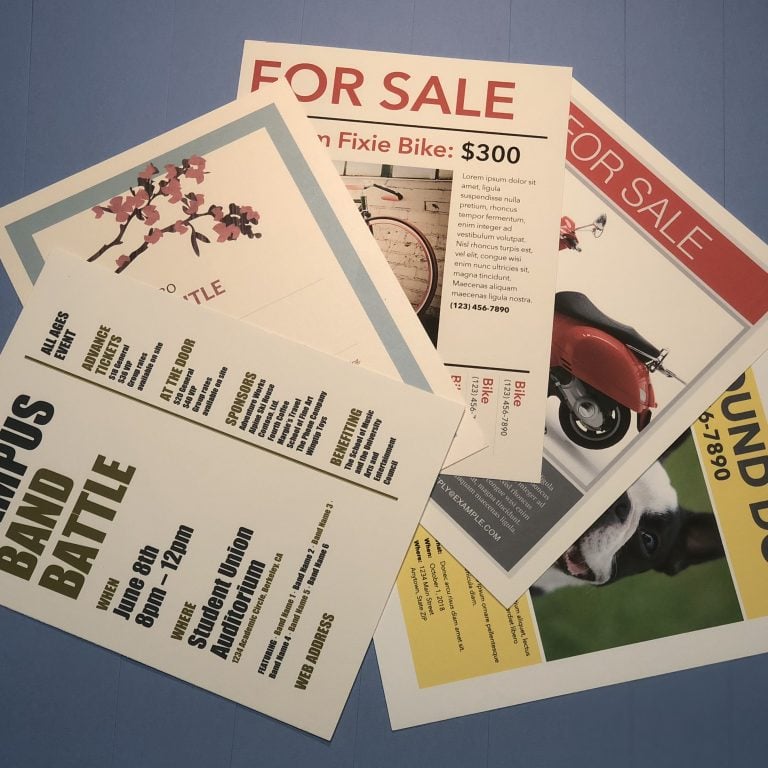Beginners’ Guide To Letter Writing
We live in a world where electronic messages have become part of our lives. Is there still a place for letter writing when you can simply send a WhatsApp message that says “LOL, BRB”? Fortunately, the answer is yes. Sooner or later, all of us will still have to write a ‘real’ letter.
Think of a job application, a letter to a business to complain about something, to make a suggestion, or to request a change. And if you don’t have the basic letter writing skills to state your case clearly and convincingly, chances are good that the recipient might not react in the way you expected.
What The Scientists Say About Letter Writing
A study conducted by the University of Washington in 2010 discovered that when primary school kids wrote essays using a pen and paper, they were able to write more words in the same time and express themselves better than when this was done with a keyboard.
In a study that appeared in Advances in Haptics, it was also revealed that more parts of the brain are engaged when we write letters by hand than when we are typing.
General Tips To Improve Your Letter Writing
Whether you are busy with formal letter writing or letter writing informal notes to acquaintances, the following tips should be useful.
- Make sure that your handwriting is clear and readable. It can be extremely frustrating to spend half an hour trying to decipher someone’s handwriting.
- Write down your contact details at the top of the page. That is if you want to get a reply.
- Before starting to write, first compose the letter in your mind. To make sure you don’t forget something, first make a couple of notes.
- Adapt your letter writing style to the recipient and the occasion. For example, informal and friendly if you are inviting friends over for dinner, or businesslike if you complain to the bank manager about their high bank charges.
- Use paragraphs to clearly separate different ideas and topics.
Tips To Improve Your Business Letter Writing Skills
The following tips will not only help you when composing a business letter, but they will also be useful in any other formal letter writing endeavor.
State your purpose very clearly.
Before you write a single word, ask yourself what the letter is all about. Once you know the goal of the letter, the words might come more easily. Instead of addressing multiple points in the same letter, also try to make it about a single topic.
Stick to the facts.
If you are writing to the bank manager, for example, support your writing with facts and data wherever possible. It’s no use merely stating that this is the worst bank you’ve ever encountered.
Keep your letter error-free.
Let’s face it, a letter overflowing with typos and spelling errors is not going to be taken as seriously as one that looks professional. Before sending the letter, make sure there are no punctuation, spelling, or grammar errors.
Use formatting and structure to make your letter more readable.
If the letter is longer than 200 or 300 words, consider introducing features like bullet points and subheadings. That will make it easier for someone who has a lot on his or her plate to scan. Similarly, try to use graphics or charts instead of writing a book, particularly when you are dealing with financial matters.
How To Get Started
Once you’ve decided on a letter writing format, do a quick Google search for letter writing examples. Don’t make the mistake, however, of assuming that because it’s online it must be good. Scan the examples and ask yourself whether they adhere to the letter writing principles you have learned about on this page.








